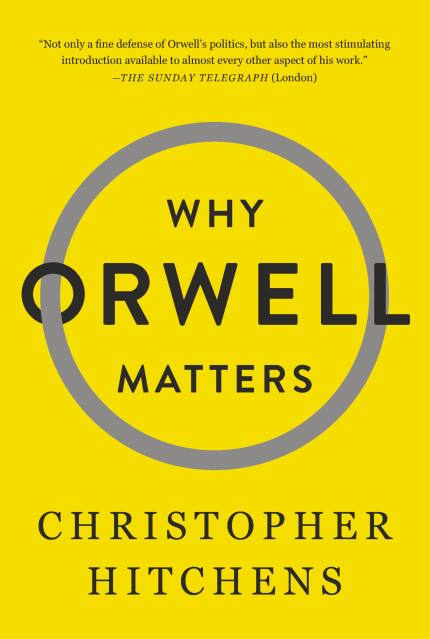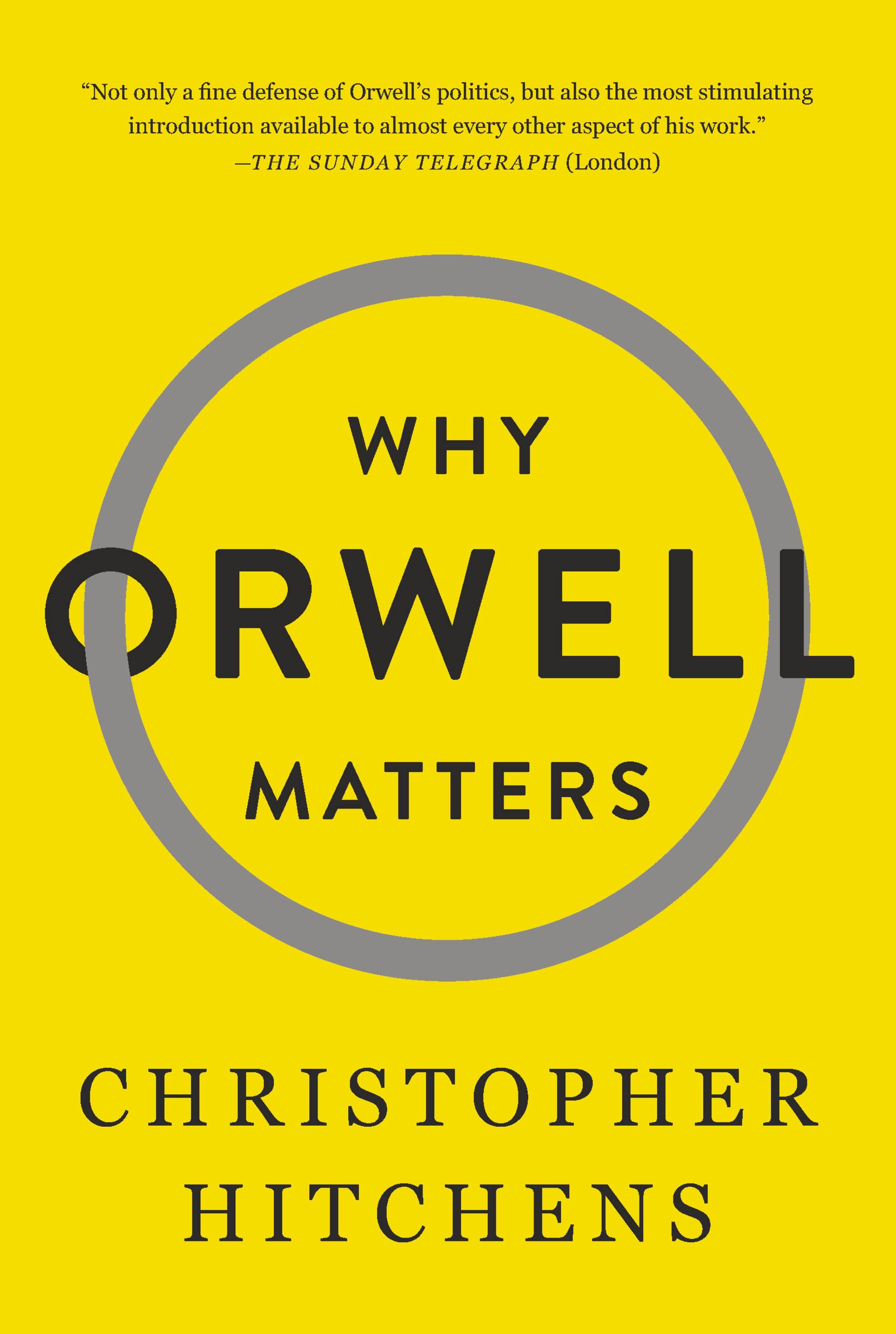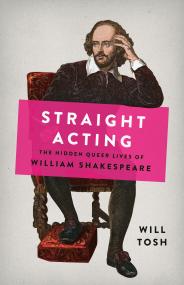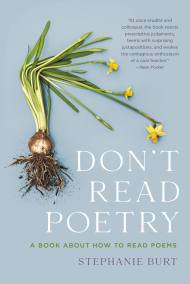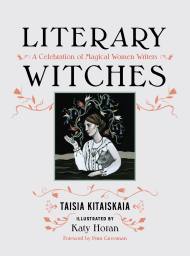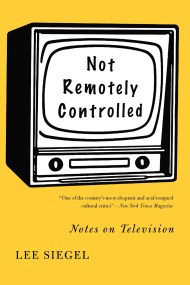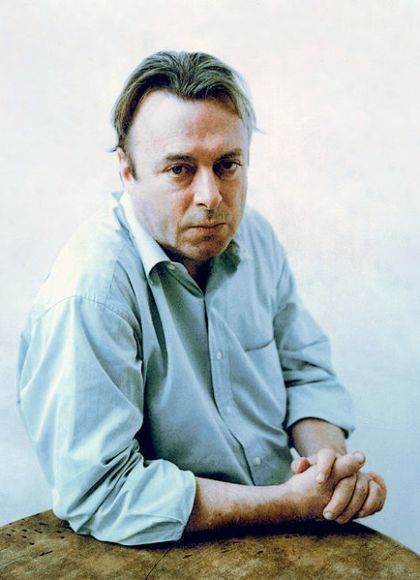By clicking “Accept,” you agree to the use of cookies and similar technologies on your device as set forth in our Cookie Policy and our Privacy Policy. Please note that certain cookies are essential for this website to function properly and do not require user consent to be deployed.
Why Orwell Matters
Contributors
Formats and Prices
- On Sale
- Aug 6, 2008
- Page Count
- 352 pages
- Publisher
- Basic Books
- ISBN-13
- 9780786725892
Price
$11.99Price
$15.99 CADFormat
Format:
- ebook $11.99 $15.99 CAD
- Trade Paperback $17.99 $23.99 CAD
This item is a preorder. Your payment method will be charged immediately, and the product is expected to ship on or around August 6, 2008. This date is subject to change due to shipping delays beyond our control.
Buy from Other Retailers:
In this widely acclaimed biographical essay, the masterful polemicist Christopher Hitchens assesses the life, the achievements, and the myth of the great political writer and participant George Orwell. True to his contrarian style, Hitchens is both admiring and aggressive, sympathetic yet critical, taking true measure of his subject as hero and problem. Answering both the detractors and the false claimants, Hitchens tears down the façade of sainthood erected by the hagiographers and rebuts the critics point by point. He examines Orwell and his perspectives on fascism, empire, feminism, and Englishness, as well as his outlook on America, a country and culture toward which he exhibited much ambivalence. Whether thinking about empires or dictators, race or class, nationalism or popular culture, Orwell's moral outlook remains indispensable in a world that has undergone vast changes in the seven decades since his death. Combining the best of Hitchens' polemical punch and intellectual elegance in a tightly woven and subtle argument, this book addresses not only why Orwell matters today, but how he will continue to matter in a future, uncertain world.
-
“Not only a fine defense of Orwell's politics, but also the most stimulating introduction available to almost every other aspect of his work.”The Sunday Telegraph (London)
-
“Why Orwell Matters makes a strong cumulative case. In an age when most novelists would scorn the notion that their work serves any utilitarian or didactic purpose, Hitchens argues that George Orwell not only fought against the tyranny of his own time but bequeathed works that continue to inspire.”Jim Barloon, Houston Chronicle
-
“In possession of, [and] possessed by, the spirit of George Orwell.”Ron Rosenbaum, The New York Observer
-
“Hitchens presents a George Orwell fit for the twenty-first century.”The Boston Globe
-
“Hitchens on Orwell is a fine salute from one very lively writer to another formidably clear-eyed one.”The Globe and Mail
-
“Hitchens comes, in this short, gracefully written and admirably...literate book, not only to praise Orwell but also to set right certain persistent misunderstandings about him.”George Scialabba, The Washington Post Book World
-
“A vigorous and comprehensive attack on the traducers of the Left, the false claimants on the Right, hostile feminists, and postmodernists who deny the existence of objective truth and spurn the value of linguistic clarity.”Philip French, The Times Literary Supplement
-
“A good, forcefully argued introduction...Existing devotees should thank Mr. Hitchens for stripping off layers of ideological over-paint.”The Economist
-
“I have been asked whether I wish to nominate a successor, an inheritor, a dauphin or delphino. I have decided to name Christopher Hitchens.”Gore Vidal
Newsletter Signup
By clicking ‘Sign Up,’ I acknowledge that I have read and agree to Hachette Book Group’s Privacy Policy and Terms of Use
